Project structure and participants
The project consists of 8 tasks (i.e. work packages). Three focus on vital support activities, such as project management (WP1), communication, dissemination and training (WP2) and stakeholder engagement and co-design (WP8), while five others develop R&D activities. Through these, Bioindustry 4.0 will deliver results that underpin new research infrastructure services:
WP1: Communication and project management
WP1 ensures project goals are met through strategic guidance, progress tracking, and strong partner collaboration. Key tasks include monitoring agreements, coordinating activities, and facilitating communication. Regular reviews and risk assessments support quality and impactful results.

inrae.fr

inrae-transfert.fr
WP2: Dissemination, Communication and Exploitation
WP2 develops and implements strategies for effectively sharing project results, supporting knowledge transfer, and expanding skills among target groups. Key tasks include designing a dissemination, exploitation, communication, and training plan; creating materials for industry, professional, and public audiences; and organising training sessions to support knowledge sharing. A variety of resources, from visual content to publications and interactive materials, will engage stakeholders and the public, ensuring broad access to project outcomes.

inrae-transfert.fr

biofaction.com

cnr.it

vito.be
WP3: Use Cases
Drawing on several bioreaction use cases (i.e. different bioreactor configurations involving different microorganisms and different target products), data will be generated to develop digital services (WP3) such as digital shadows (i.e. a digital representation of the physical bioreactor that can be manually fed with data pertaining to operation of the physical bioreactor). Users of the digital shadows can learn more bioreactor operations and identify strategies to improve bioreactor performance. Ultimately, digital shadows will form the basis of a decision support system for bioprocess design.

inrae.fr
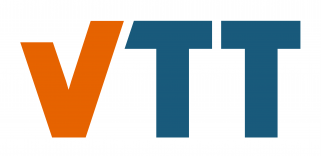
vttresearch.com

wur.nl
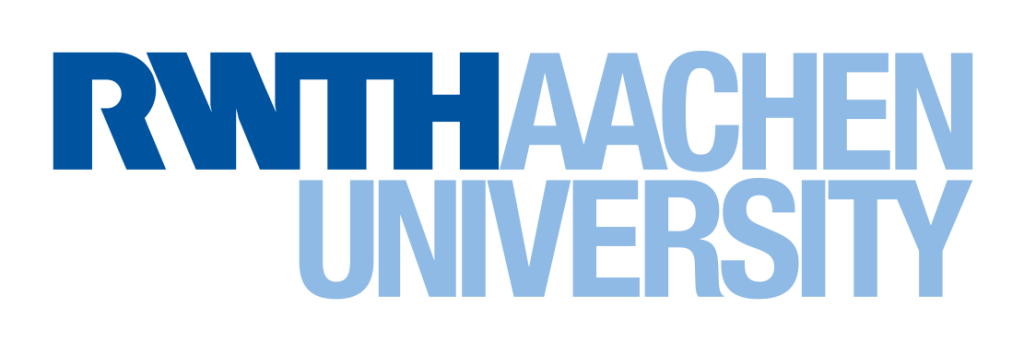
rwth-aachen.de
WP4: Novel PAT instruments for in-process bioprocess monitoring
Developing novel in-line sensors (commonly called PAT or process analytical technology devices), work in WP4 aims to provide key elements for real-time monitoring of bioreactions. Once developed, these instruments will be deployed, extensively tested (including the simultaneous use of multiple devices), and coupled to digital twins (WP4):




WP5: Digital Twins
Work in WP5 deals with the development of digital shadows and digital twins. Challenges to be tackled include the development of suitable scaffolds for physical models, the integration of biological data, and the deployment of AI approaches, such as deep learning and unsupervised model reduction, using convolutional neural networks. The overarching aim is to devise digital tools for bioprocess replication and validation, for decision support and knowledge extraction, and for autonomous real-time control of bioprocesses:





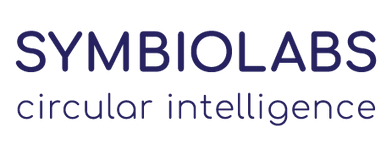

WP6: Digital tools to expand industrial exploitation of microbial biodiversity
Focusing on the enhancement of the innovation potential of microbial culture collections, work in WP6 will adopt data-driven approaches to reach several goals. Crucially, one task will focus on creating a common data structure to empower interoperability between the data held in different collections. Other tasks will address the development of powerful querying approaches tailored to the needs of the industrial biotechnology sector and the enhancement of knowledge extraction using AI-based methods:

dsmz.de

wi.knaw.nl

wur.nl
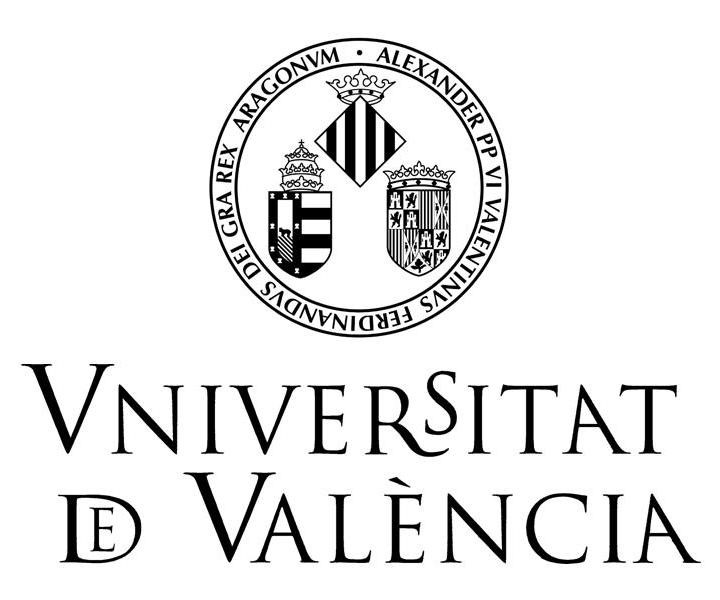
uv.es

lifeglimmer.com
WP7: Tools for high-quality datasets
Considering that Bioindustry 4.0 heavily relies on the availability of good-quality data, pivotal work will be carried out to create a so-called data fabric (WP7). This is an architecture that integrates and manages data across different systems and computing environments. Its purpose is to generate high-quality data sets for AI-powered approaches. Moreover, work will lay the technical basis for the constitution of trusted data networks that will enable secure data sharing between consenting data owners:

wur.nl

bbmri-eric.eu

inrae.fr

ncl.ac.uk

manchester.ac.uk

dsmz.de

athenarc.gr

isst.fraunhofer.de
WP8: Stakeholder engagement
WP8 engages stakeholders from academia, industry, and policy to co-design specifications for Bioindustry 4.0 services. Key tasks include identifying stakeholder needs through focus groups and workshops that address data-sharing challenges and build trusted networks. These collaborative efforts will inform the development of decision support systems and AI-powered digital twins for bioprocess design and control, ensuring stakeholder perspectives are effectively incorporated throughout the project.

biofaction.com
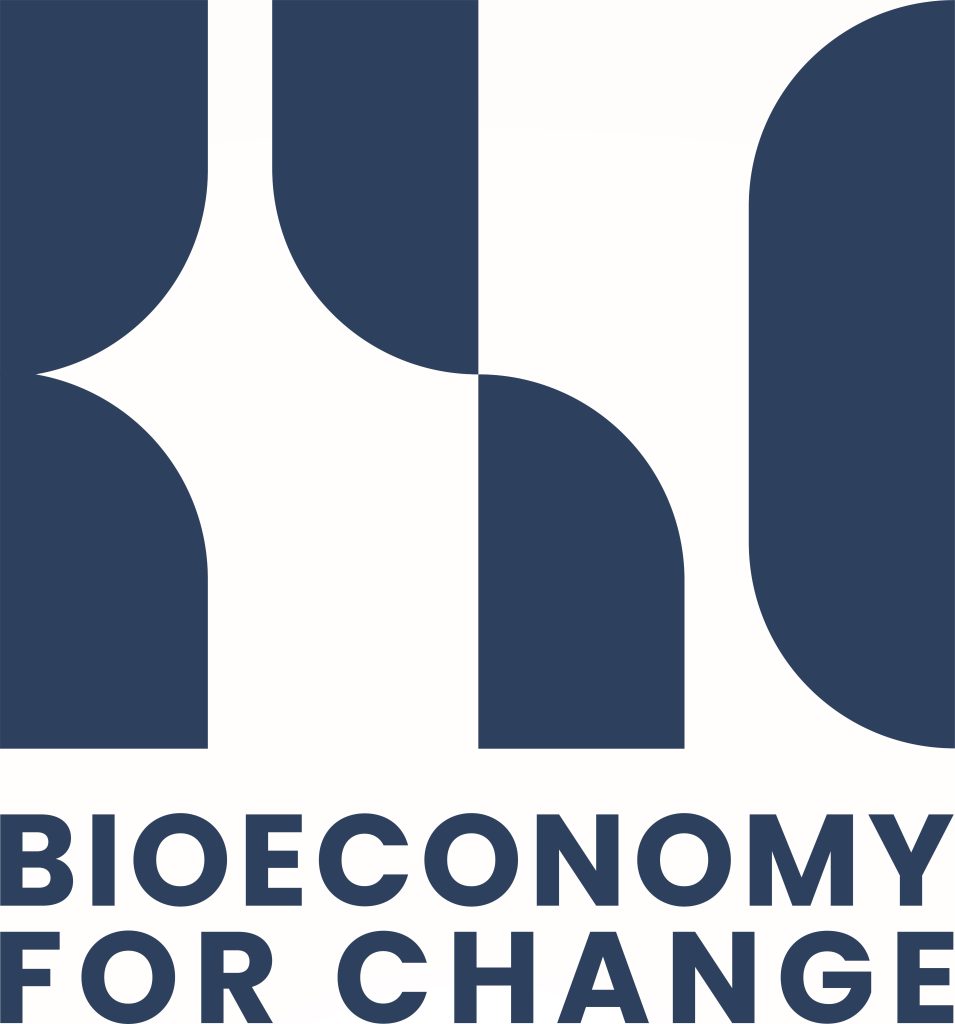
bioeconomyforchange.eu

dsmz.de

mirri.org

bbmri-eric.eu

isst.fraunhofer.de

uni-koblenz.de


